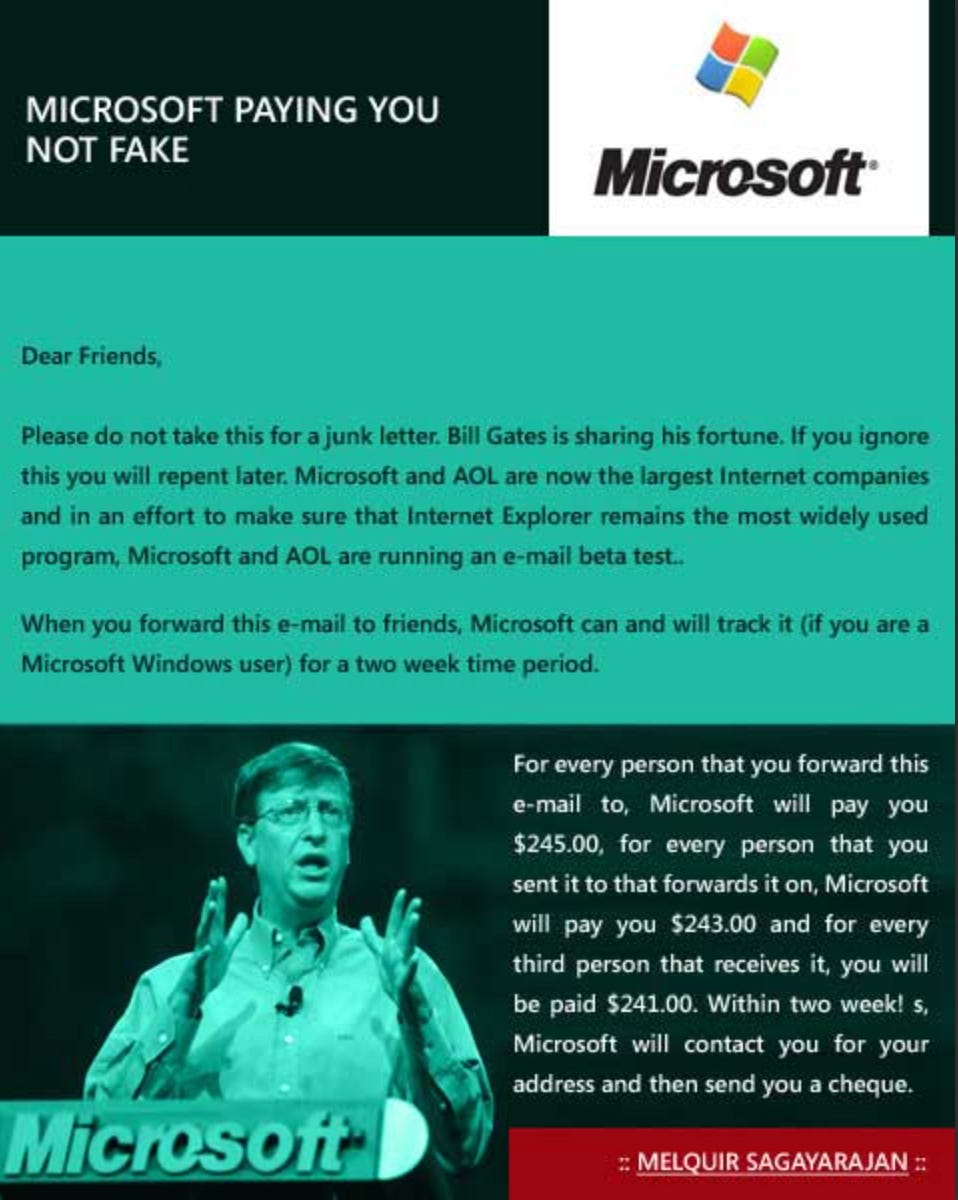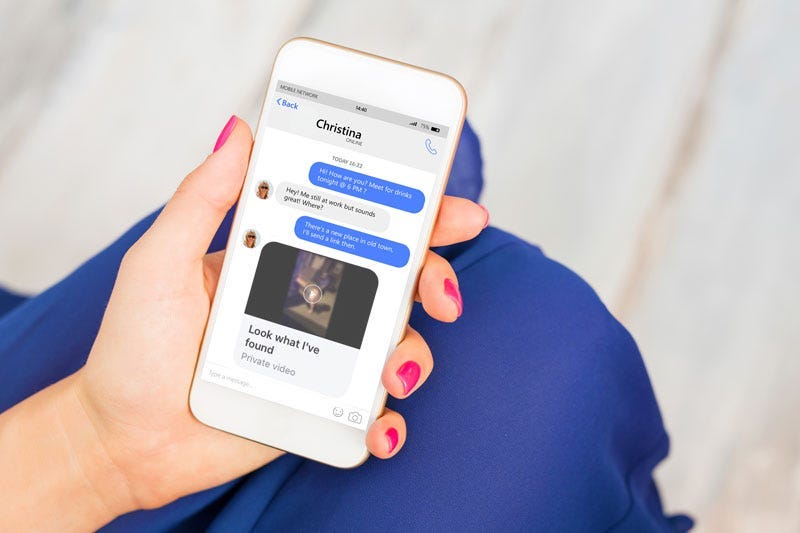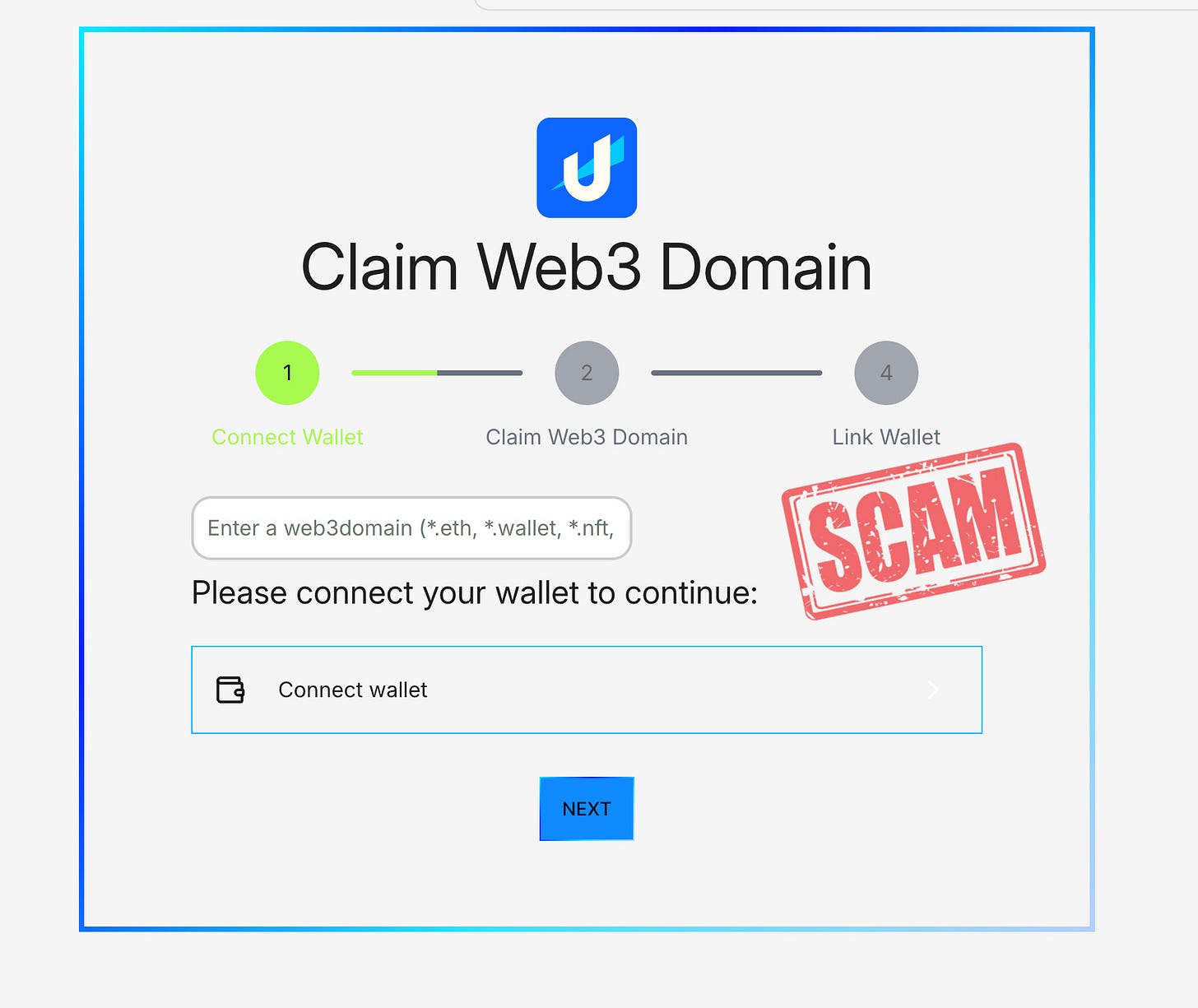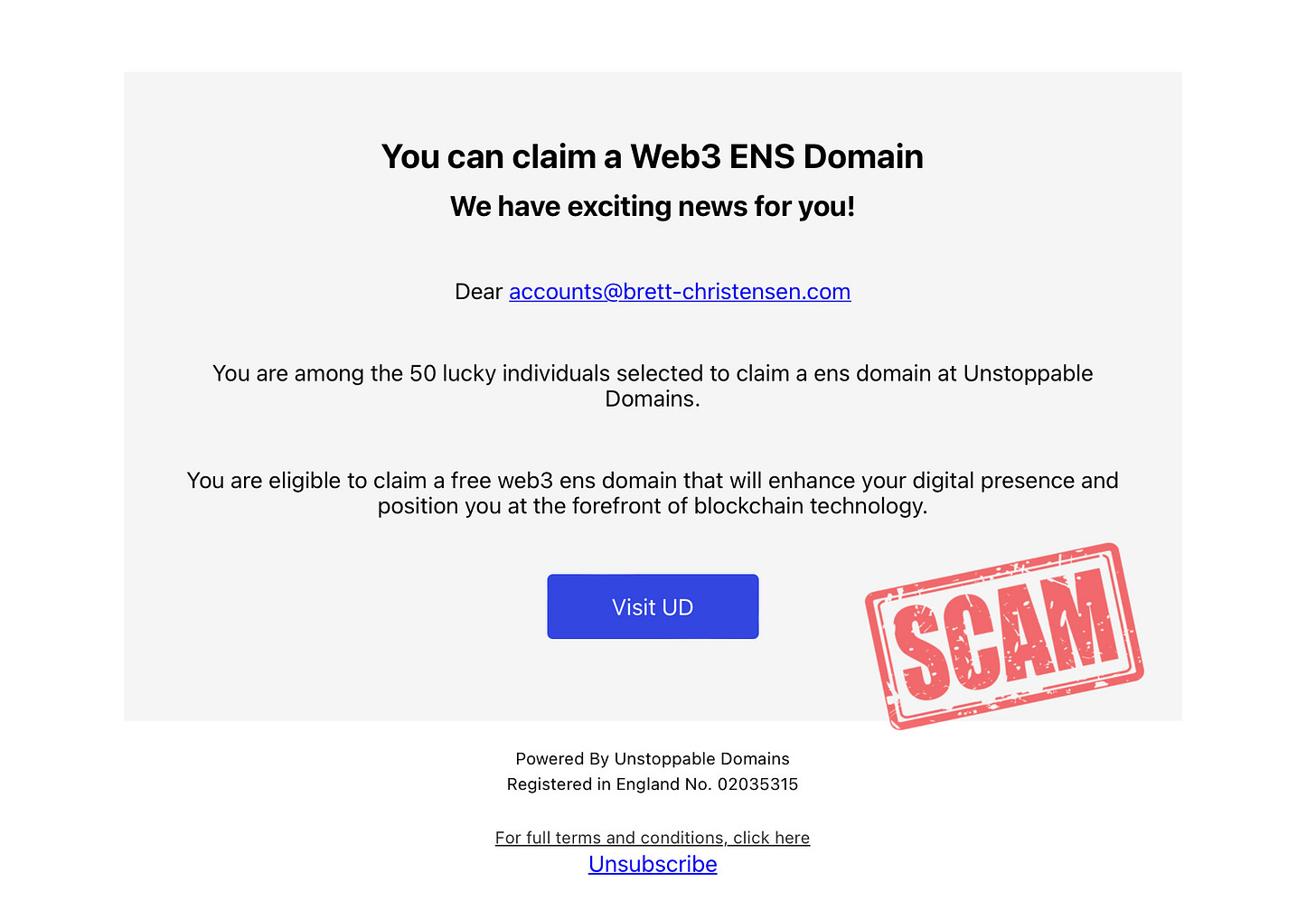Hoax-Slayer - Grandparent Scams, Money From Microsoft, And More
Issue #5 - Hoax-Slayer Newsletter
Grandparent Phone Scams Continue
Reports indicate that so-called “grandparent” scams continue to gain new victims.
Here’s how a typical grandparent scam plays out.
The grandparent receives an unexpected phone call from a person claiming to be a grandchild or an official making contact on the grandchild’s behalf.
The scammer will invent a fictional tale explaining why the supposed grandchild needs money urgently.
For example, the ‘grandchild’ may claim that he has been arrested after a car accident and urgently needs bail money.
Or, she may claim that she will be arrested for drug possession or other offences and thrown in a foreign gaol unless a ‘fine’ is paid within a few hours.
Or, he may claim that he has been mugged and had all his possessions – including his passport and wallet – stolen and needs money to pay for medical treatment and get home.
Or she may claim that she has been kidnapped and a ransom must be paid for her release.
The scammer often uses one or more accomplices to make the scenarios seem more plausible. For example, after a brief conversation with the grandparent, the ‘grandchild’ will pass the phone over to a ‘police officer’, ‘kidnapper’, or ’embassy official’.
The “grandchild” portion of the conversation may be deliberately muffled. If the victim suggests that the caller does not sound like his or her grandchild, the scammer may point to a poor phone connection as the reason. Or the “grandchild” may claim that she has sustained a facial injury, such as a broken nose, that is making her voice sound different.
After stressing that the matter is urgent and the required funds must be made available immediately, the accomplice will tell the grandparent how to send the money.
Often, the grandparent will be told to go out and buy gift cards or pre-paid debit cards and then call the scammer back. The scammers will ask for the number on the card so that they can access the funds.
Or, the grandparent may be asked to transfer the money via a wire system such as Western Union. In some cases, an accomplice may even visit the grandparent in person to pick up the money or ask for cash to be sent to a specified address.
The scammers research the families of potential victims by accessing social media sites such as Facebook and public records. For example, a grandson’s Facebook posts may reveal that he is currently travelling in South America. Other posts may mention grandma and perhaps point to her own Facebook profile. The scammer may then be able to identify grandma’s name and location and find out her phone number.
The scammer can then place a call to grandma and come up with a plausible story based on information lifted from the family’s social media feeds.
Of course, many grandparents will be far too astute to fall for such scams and will know immediately that the person on the line is not their grandchild.
Nevertheless, elderly and vulnerable grandparents regularly fall for this scam and are panicked into sending their money to criminals.
Scammers may also target other family members such as aunts and uncles, cousins, or even parents.
To avoid becoming a victim, don’t be intimidated into acting immediately. Attempt to contact the grandchild directly or talk to other family members to determine if the call is legitimate. Any claim that you must pay money immediately – regardless of the cover story used – should be treated with the utmost suspicion.
If you have elderly relatives that you feel may be vulnerable to such a scam, be sure to discuss the issue with them.
The Old Microsoft Beta Test Hoax
This is one of the first hoaxes I ever wrote about. Every year or so for decades, a new version of the hoax would gain momentum and go viral, duping many people across the planet as it spread.
I have not seen it “in the wild” for several years now, but I always found it fascinating how quickly it would spread and how many people believed it.
The messages claimed that Intel and AOL are running an email beta test and that Microsoft will pay you a substantial sum of money every time you forward the email to others during a two-week period.
These claims were, of course, totally absurd. No such “beta test” has ever been conducted. And Microsoft has never given anyone money just to forward a chain email.
Some versions of the hoax sported a series of “testimonies” supposedly added by various recipients who claim to have actually been sent money for forwarding the message.
In one version, the hoax was converted into an image, complete with official-looking Microsoft logos and even a picture of Bill Gates himself. Another version includes a bank statement screenshot showing an account with over $40,000 credit.
The testimonies and screenshots are just rather lame attempts to add a measure of credibility to the hoax. The testimonies were simply made up.
All versions of this hoax can be traced back to a prank email that began circulating way back in 1997:
Hello everybody, My name is Bill Gates. I have just written up an e-mail tracing program that traces everyone to whom this message is forwarded to. I am experimenting with this and I need your help. Forward this to everyone you know and if it reaches 1000 people everyone on the list will receive $1000 at my expense. Enjoy.
Your friend,
Bill Gates
Considering how long this “beta test” circulated, even Bill Gates would have likely run out of money if he had really paid out for every forwarded email.
Subject: Fwd: Fw: Please do it – Microsoft Paying u – Not Fake
READ IT, IT WAS ON CARTE BLANCH
YES! YES! YES!!! I have hit the jackpot! Billy Oh Billy You are my HERO!!! You are so very clever… I opened my bank account as soon as I have sent this email and what do you know!!!! R1.6 Billion Rand …. Oh Bill thank you for sharing your billions with me… How did you even know my bank account…? Not only are you generous you are also clairvoyant. It really works! Just believe and voila.
Guys It’s working
I have got $10000 .
Deepak ———————————————————————————————————————I got 450 $ credited in my HDFC account today only. Yahooooooooooooooooooo!!! hurreeeeeeeeeeeeeeeeeee
Regards,
Apurv———————————————————————————————————————–
Hai this is not joke i got 4672$ credited in my ICICI account last week
Frnds I got $2163 today only..
So I am forwading to u frnds
Don’t miss this chance
Regards,
Sathish This is really amazing I also got 5000 dollars via DD from HDFC, thot it was fake but it really worked……….the amount has been created to my account, what did you get. Thanks for forwarding this mail————————————————————————————————————————-
Hey guys !!!
this is cool
really really cooollllll
I forwarded this mail to three chaps just half an hour back and i just forgot about it.. then i saw my salary slip, checked my account in the net. i was wonder stuck to see $30000/- added to my account !! transferred from ms office thru western money transfer !!! its amazing guys !!! Go for it. Act fast. at least before this stupid bill gates gets bankrupt……….. and in case this is true, there is not much time left…… so congratulations in advance….. for becoming a millionair so easily… like me…….
Don’t Get Caught by These Nasty Facebook Messenger Scams
Let’s review a common Facebook Messenger-based scam tactic that continues to gain new victims.
The scam messages claim that a friend has found videos or photos of you that you need to look at. The messages, which come from the accounts of your Facebook friends, often imply that the photos or videos are compromising in some way.
They are designed to trick you into clicking a link without thinking about it too much. The scammers hope that you might be panicked into quickly clicking because you mistakenly believe that private or embarrassing material about you has been published online.
The scams, which sometimes include a blurred image or video screenshot, have text such as the following:
Look what I’ve found
Who posted your photo here? 🙁
I can’t believe it’s you
You are in this video
There are many other variations.
If you do click, you will be taken to a fraudulent website that claims that you must enter your Facebook login details to see the content. Scammers can steal the login credentials you enter and hijack your Facebook account.
Once they have gained access, they can then send the same scam message to your friends. They can also use the compromised accounts to spread further scam and spam messages in your name.
If one of these messages appears in your Messenger inbox, don’t click on it! If possible, inform the person whose account the scam message came from that their account is being misused.
If you have already clicked and entered your login details, you will need to take steps to secure your account as quickly as possible. First, see if you can still log in to Facebook with your existing credentials. (You may already be logged in).
If you can log in, or you are already logged in, jump into your security settings and change your password immediately. Then, click “Log out of all sessions” and log in again with your new password. Facebook has information about what to do if your account has been hacked in its help section.
There are plenty of other types of scams on Facebook, but this one is especially insidious because the scam messages do actually come from the accounts of people that you know and trust, so you might be more likely to click without due caution.
Watch For Scam Emails Offering Free Web3 Domains
Web3 domain service Unstoppable Domains is currently being targeted in a phishing campaign. Keep an eye out for scam emails that offer a free domain. Clicking the link opens a phishing site that asks you to connect your crypto wallet to get your free domain.








Thanks Brett.